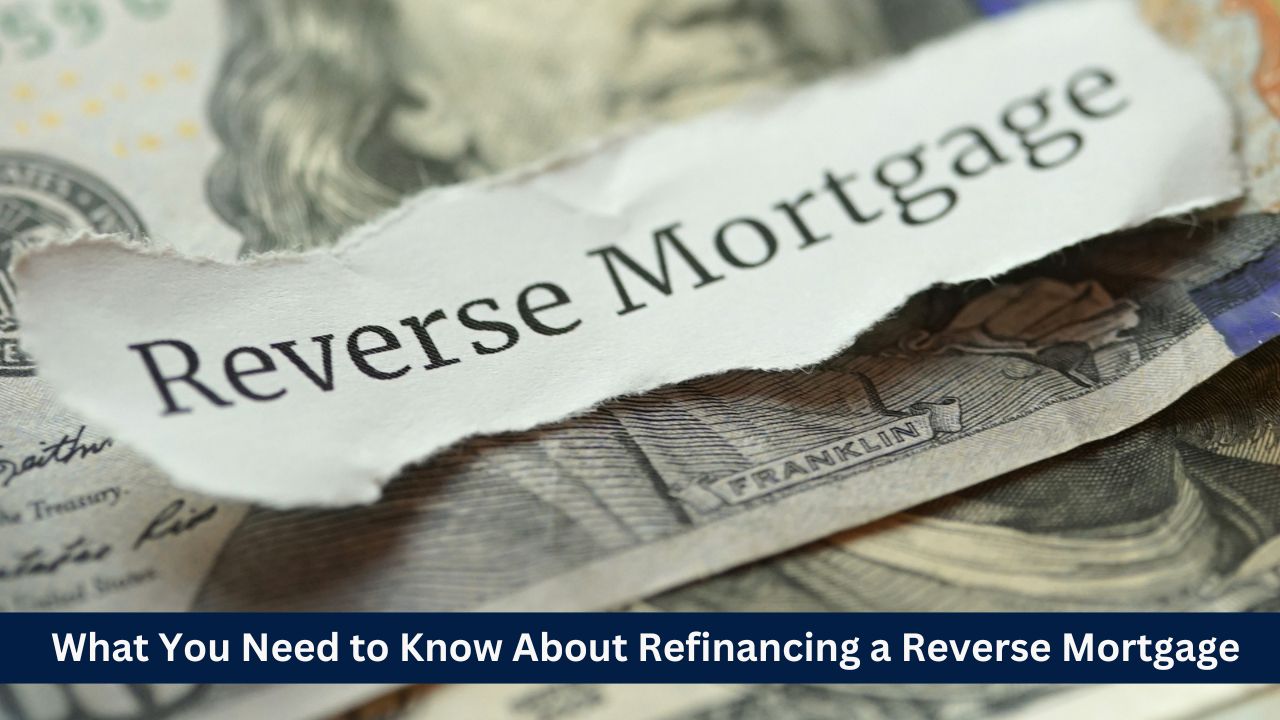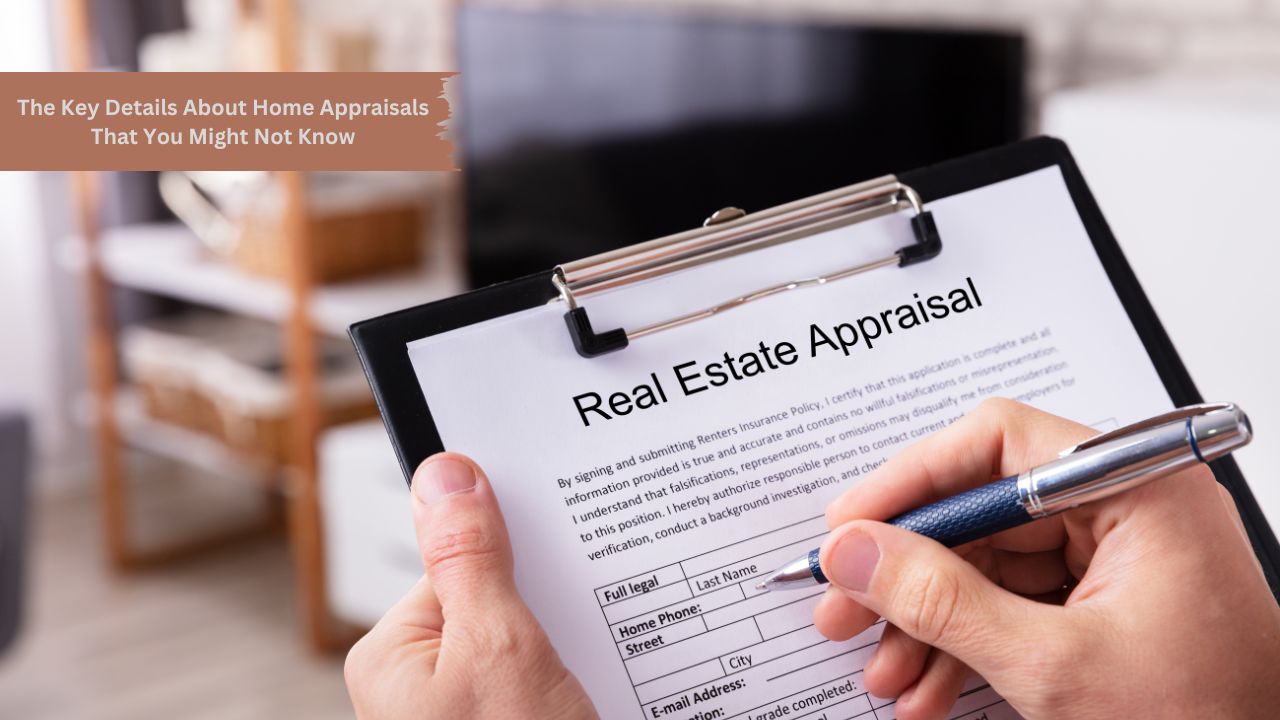 If you have a reverse mortgage, you may be wondering whether refinancing is an option. The good news is that yes, you can refinance a reverse mortgage, and doing so may offer financial benefits depending on your situation. Here’s what you need to know about refinancing, including reasons to consider it, eligibility requirements, costs, and key factors to keep in mind.
If you have a reverse mortgage, you may be wondering whether refinancing is an option. The good news is that yes, you can refinance a reverse mortgage, and doing so may offer financial benefits depending on your situation. Here’s what you need to know about refinancing, including reasons to consider it, eligibility requirements, costs, and key factors to keep in mind.
Why Refinance a Reverse Mortgage?
Homeowners refinance reverse mortgages for various reasons, often to improve financial flexibility or access more equity. Common motivations include:
Accessing More Equity – If your home’s value has increased since you took out your reverse mortgage, refinancing can allow you to tap into additional funds for home improvements, medical expenses, or other financial needs.
Lowering Your Interest Rate – If market conditions have changed and lower rates are available, refinancing may reduce costs over time, improving your financial outlook.
Adding a Spouse – If you’ve married or have a partner living in the home, refinancing may allow you to add them to the loan, ensuring they can remain in the home if something happens to you.
Changing Loan Terms – Switching from a variable rate to a fixed rate may provide more predictability and stability in your financial planning.
Eligibility Requirements
Refinancing a reverse mortgage involves meeting specific criteria, including:
Home Equity – Lenders typically require at least 50 percent equity in the home.
Age Requirement – Borrowers must be at least 62 years old.
Financial Assessment – Lenders review income, credit, and financial obligations to ensure affordability.
Tangible Benefit – The refinance must provide a clear financial advantage, such as increased funds or lower costs.
Costs and Considerations
While refinancing can be beneficial, it’s important to factor in the costs:
Closing Costs – Fees may include lender charges, title insurance, and attorney fees.
Appraisal Fees – A new home appraisal is required to determine current equity.
Loan Origination Fees – Some lenders charge origination fees, so comparing offers is essential.
Is Refinancing Right for You?
Before refinancing, consider your long-term goals. Will you stay in the home long enough to recover the costs? Does refinancing provide significant financial benefits? Consulting with a mortgage professional can help you make an informed decision.
Refinancing a reverse mortgage can be a smart strategy when done for the right reasons. Whether you’re looking to access more equity, secure a better interest rate, or ensure a spouse’s financial security, understanding your options is key.
 A home appraisal is a critical step in the buying, selling, or refinancing process, yet many people don’t fully understand how it works or what factors influence it. Whether you’re a buyer, seller, or homeowner looking to refinance, here are some key details about home appraisals that you might not know.
A home appraisal is a critical step in the buying, selling, or refinancing process, yet many people don’t fully understand how it works or what factors influence it. Whether you’re a buyer, seller, or homeowner looking to refinance, here are some key details about home appraisals that you might not know.